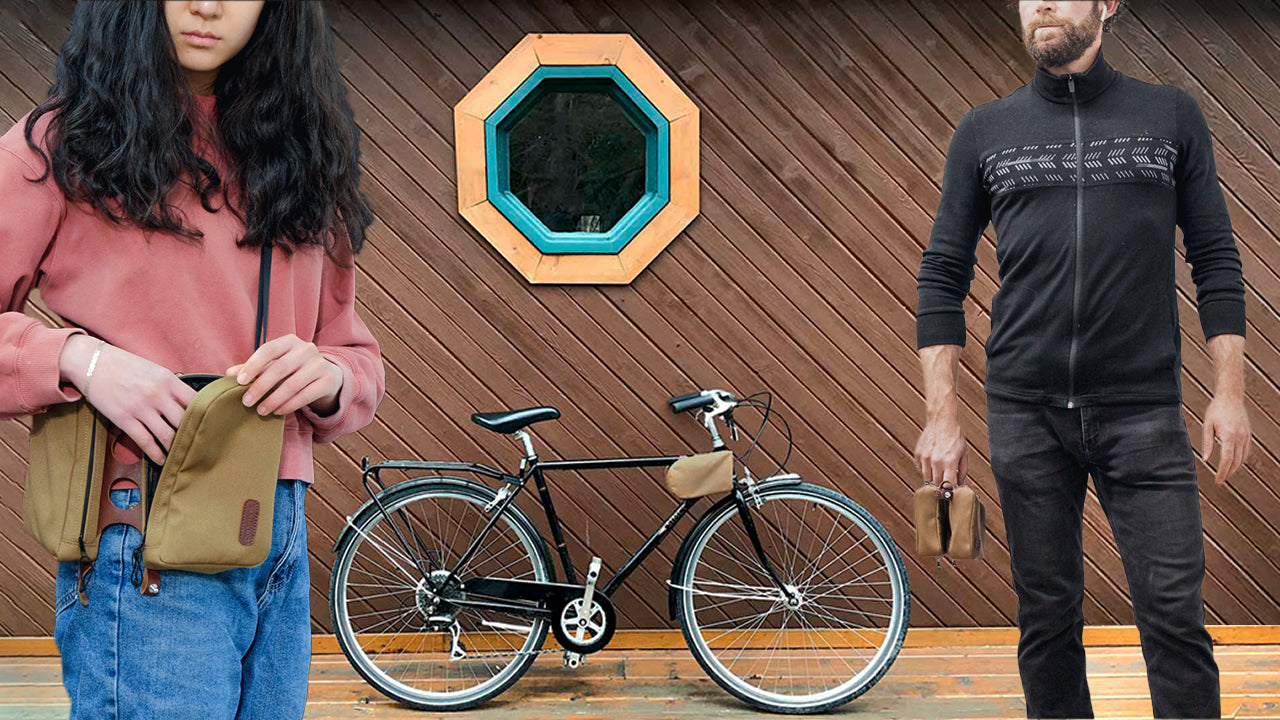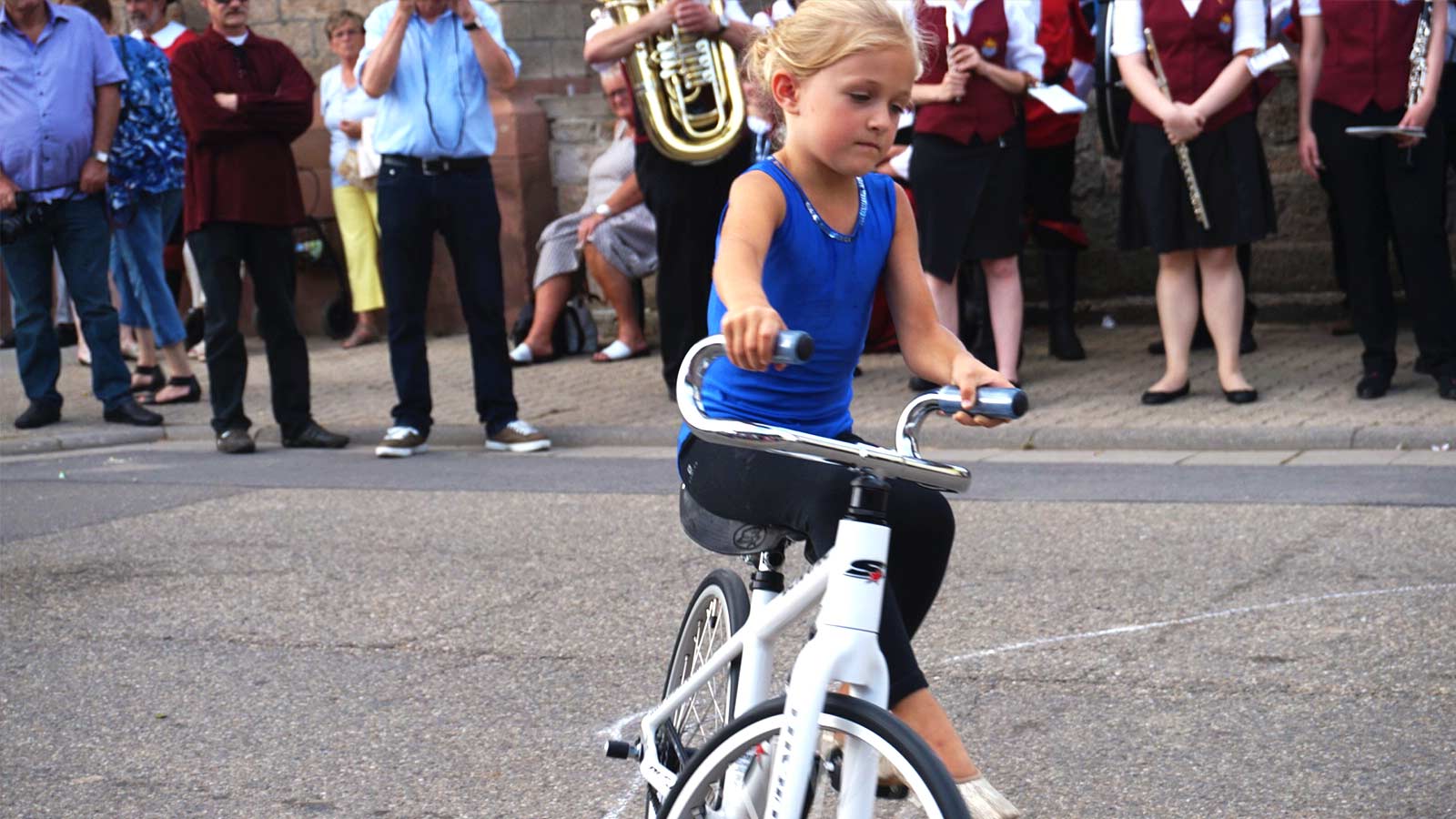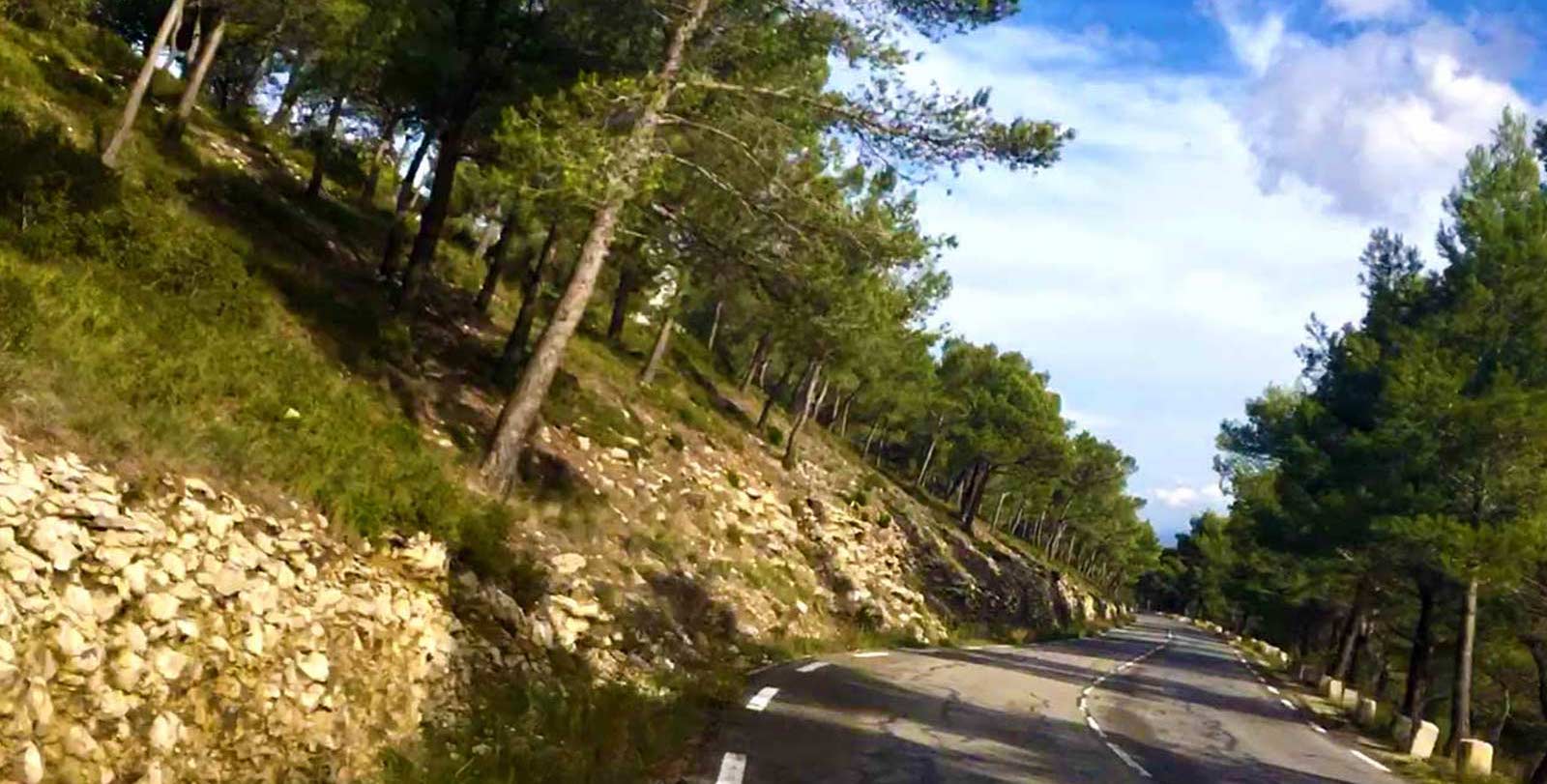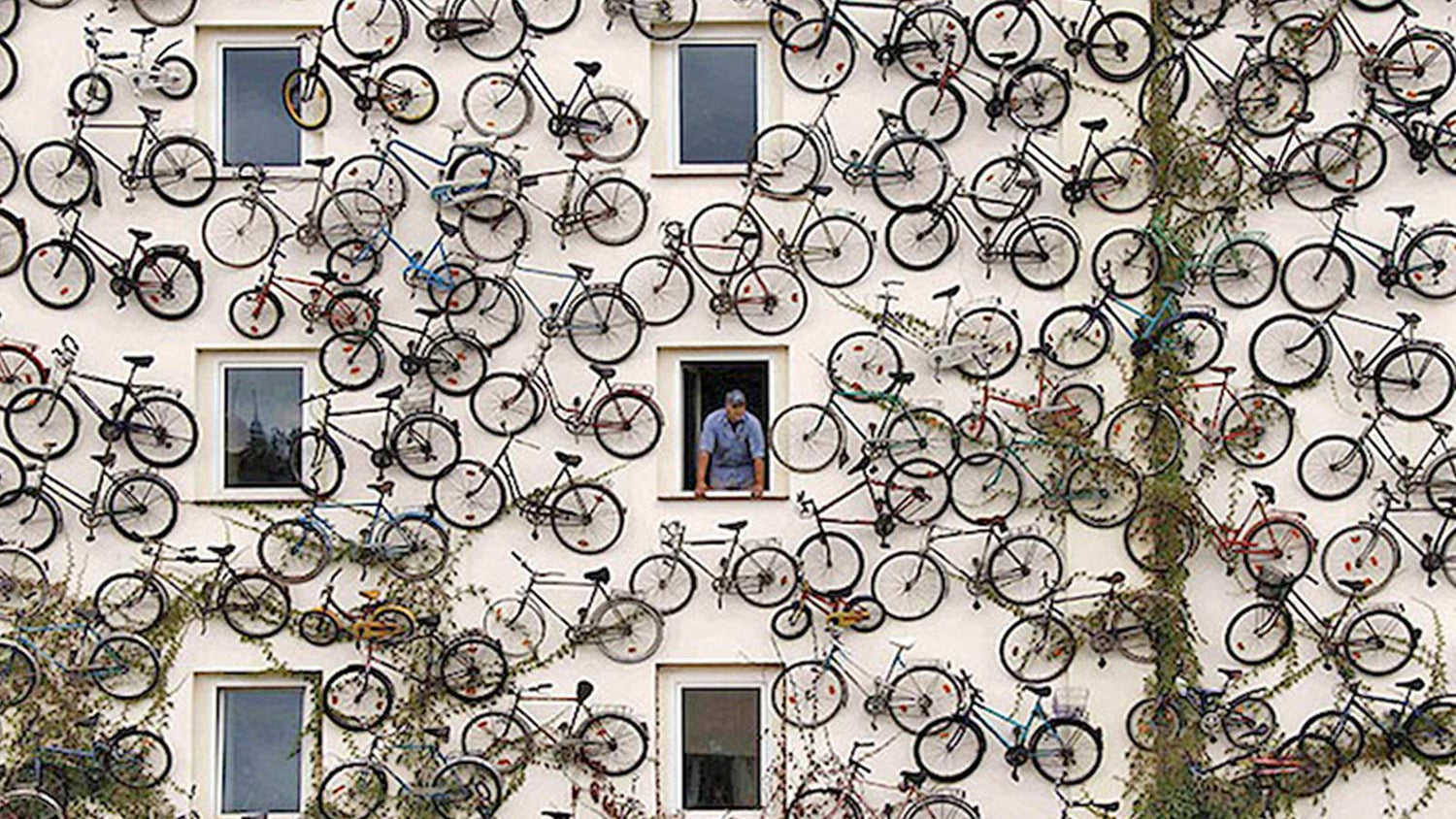
How Cycling is Changing the Face of the Cities
Over half the world’s population (54%, to be exact!) live in cities – and according to the UN, this statistic will jump to 66% by 2050. Urban areas must move fast to adapt to this shift, and – good news! – biking is proving to be essential to their process. Aside from the fact that , here's why cycling culture should rule our cities...
Cycling fosters inspiring urban projects
Bikes have a definite impact on design of roads. Between 2009 and 2014, Seville added 120km of separate bike lanes to its map (while Vancouver, during the same period, added a mere 6km.) But urban planners are unanimous in their stance: "It's no longer enough!" For the next step, we must look to the Dutch (who else?) and their innovation of protected intersections. I biked there recently to see for my self.
With these reserved lanes, the logic is simple: if you’re going to redesign one side of a street, why not make it pretty, unique, and useful while you’re at it? The bike path on Rachel Street in Montreal (considered the most bike-friendly city in North America) is a good example of this, with tall planters built out of the asphalt. An even greater example is the solar bike lane – another Dutch invention!
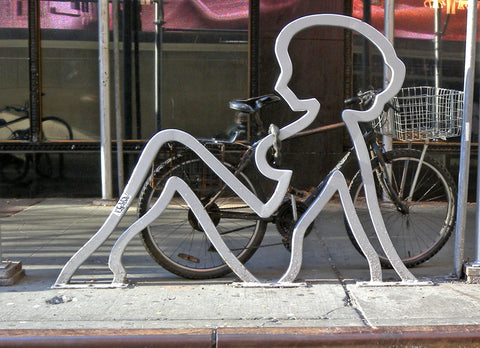
is a springboard for technological innovation
The appeal of some of these advancements lies in their visibility, like the bike lift in Trondheim. Meanwhile, others are cool because they're difficult to see, like Japan's automated underground bike parking system. Bikes are stoking the imaginations of urban planners worldwide – check out China's Smarter Than Cars – and inspiring architectural utopia. In London, landscape architects Foster + Partners brainstormed SkyCycle, a 220km aerial corridor following existing subway lines and meant exclusively for cyclists. This particular "utopia" may soon become a reality, as the project is pending approval.
Cycling changes our urban mentalities
The most emblematic representation the "wow" moments experienced by cyclists is the motto of Critical Masses. This bike activism group, who invade major cities by bike on a roughly monthly basis, admonish motorists with "You are not in traffic, you are traffic.” In fact, bikes are influencing the entire road system, and even the auto industry. This year, car manufacturer Volvo announced that “by 2020, no person will be killed or seriously injured by a new Volvo.” How does this relate to cycling? This This statement was made the launch of Life Paint: A reflective safety spray for cyclists that, while invisible in the daytime, glows at night under the glare of headlights.

But cycling also alters mentalities in a much more profound way. Bikes were an emancipatory tool for women in the 19th century, to the point of influencing modern ready-to-wear fashion. This is still the case in Afghanistan, where more than ever before, bikes are seen as a powerful tool in shifting gender roles. Elsewhere, such as in Japan, seniors are increasingly drawn to cycling, as it helps fight cognitive degeneration and cardiac problems, all the while affirming their autonomy.
Cycling breathes new life into the local economy
Bike culture is a valuable friend to economic development. Philadelphia, a city also known for encouraging cyclists to report illegally parked motorists by tweeting #unblockbikelanes to @PhilaParking, was recently shortlisted as a new location for a major brewery’s East Coast headquarters. A big reason for this? The city's solid bike route network.
In Seattle, the increasingly-popular Bike-n-Brew tour attracts both bike and beer enthusiasts by mapping a 30-mile cycling route that stops at several local microbreweries. In Bogota, Colombia, 70 km of streets have been transformed into “ciclovía” every Sunday from 7AM to 2PM - a boon to area businesses. The “cyclovia” concept has even been adopted by cities such as Halifax, Winnipeg, Vancouver, Calgary, Hamilton and Ottawa, with Montreal poised to follow.
Cycling shapes a city’s identity
In Amsterdam, the bike has become the city's unofficial symbol. When faced with the necessity to develop its streets beyond the needs of motorists, the city took the challenge seriously, and its bike-centered branding has made cycling along the canal one of the capital’s trademarks.This potential extends to other cities: Brooklyn can be styled as the birthplace of the modern fixed-gear bike; Seattle, the world capital of bike polo; Portland, the proud host of the biggest Naked Bike Ride; and Hangzhou, the global leader in bike sharing (175,000 bikes by 2020). Urban cycling is increasingly viewed as a sign of high efficiency, and a major creative force behind design-driven innovation. Ultimately, cycling is synonymous with progress. There’s a reason why cities are battling it out to be at the top of the Copenhagenize Index: Tourists like cycling, and so do we!
Related Posts
The GobaGG - Bicycle Frame Bag
The GobaGG just might be our most convenient cycling product yet. Take it with you on your bike and
Germany by Bike
Cycling in Germany was a dream come true. I've always had a crush on the germans for their engineeri
Around the world by bike in 12 minutes
This video captures just a sliver of the 13 countries i've traveled by bike in the last 3 years.
Products
View all

